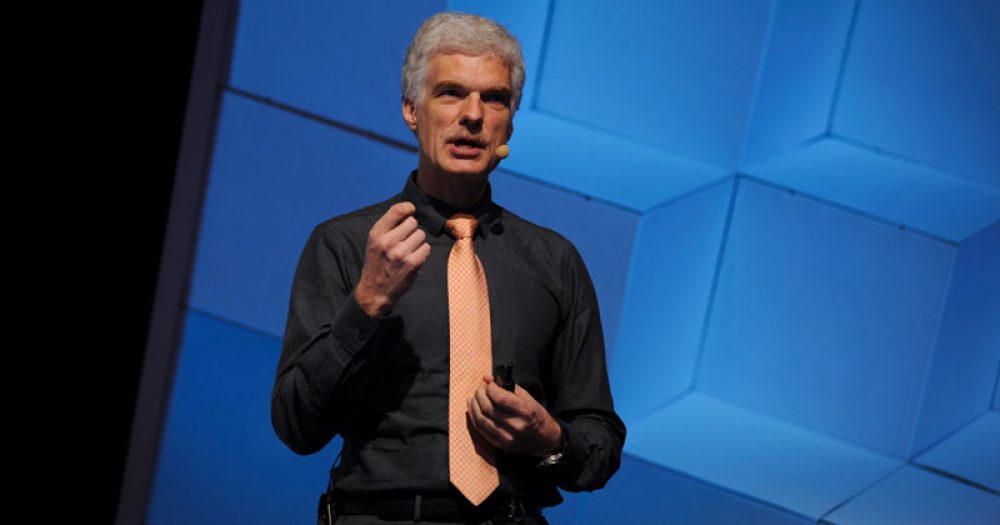Ministers focus too much on financial incentives for teachers and not enough on making the profession “intellectually attractive”, the head of the Organisation for Economic Co-operation and Development (OECD) has warned.
Andreas Schleicher, whose organisation runs the influential PISA tests, told the WISE@Paris forum today that a “heavy, industrial approach” to education in under-performing countries is “inhibiting change”, and called for greater teacher engagement in reform.
“We spend a lot of time making teaching financially attractive but we spend very little time making teaching intellectually attractive,” he warned.
In 2015, the UK ranked 27th out of the OECD countries for maths, 21st for reading and 15th for science in the PISA study, which is based on tests sat by 15-year-olds in 70 countries worldwide. Singapore topped the charts in all three subjects.
Murugesh Nagaraju, a teacher from Singapore who has worked with the country’s Ministry of Education, told the forum his country had found success in putting professional development “into curriculum time”, creating “white space” within the timetable.
“I’m given this time to interact with my colleagues now, and when I go for training, it’s really different,” he said.
“When we do roll out policies to teachers, we need to hear them out, and not just say ‘this is it, run with it’.”
Schleicher said the most successful systems have “teachers who learn about the future, who think about 21st century skills”.
He pointed to progress in the Netherlands, Finland and Shanghai, where he described the response of the profession to change as “amazing”, and said Singapore’s improvement from one of the worst to one of the best-performing countries showed change was possible.
“I think we should be involving teachers more in the research [that informs policy]. If we don’t engage the profession in the design of reform, they’re not going to help us with the implementation,” he warned.
“It’s this really heavy, industrial approach to education that inhibits change.”
He also insisted education systems needed to adapt more quickly to change, rather than reject it. It follows criticism in recent years of the pace of reform in the English education system.
“The world is changing fast and education needs to change a lot faster than it is today,” insisted Schleicher.
“The problem is that change is incoherent. We don’t need less change, we just need more coherent change.”
Nagaraju also spoke of the need for teachers to adapt.
“I had a student tell me she wanted to be a social influencer on Instagram. How do we as teachers prepare her for that?”








Teachers in England have increasingly been shut out from discussions (what discussions?) about education reform. Gove said the only good teachers were those who agreed with him. The rest were the Blob. Not helped by his belief that teachers didn’t need teacher education – anyone with a degree could teach.
Despite the best efforts of successive UK Governments, the centralisation of powers in hands of Ed Secs, and the capture of schools by managerialism and business ideology, teaching remains an intellectual profession, Mr Schleicher.